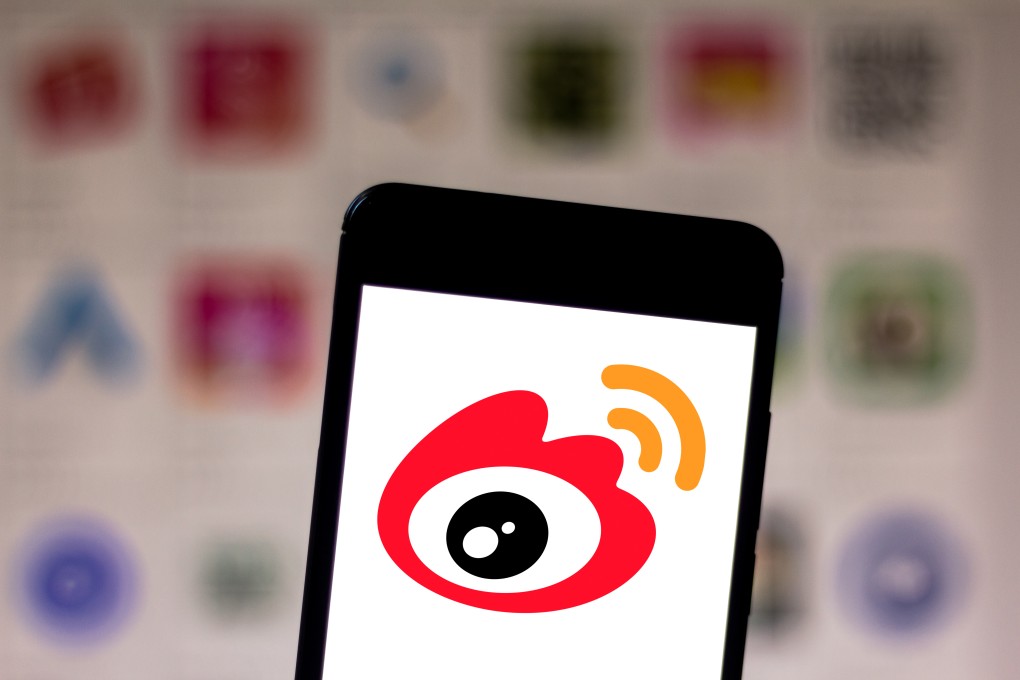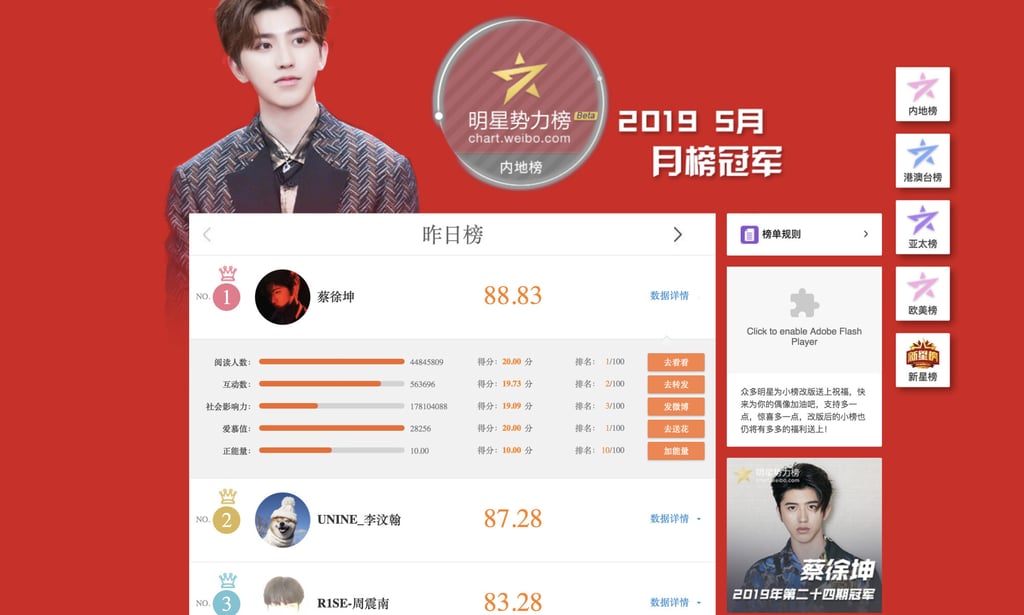Fake traffic app developer sentenced to five years in prison, fined US$15,000 yuan amid China’s crackdown on inflated social media engagement
- Before his popular fake traffic app Xinyuan was shut down, 26-year-old Cai Kunmiao made 6.3 million yuan in membership fees, according to a court document
- The Chinese government is continuing a crackdown on fake online engagement, often used to boost celebrities’ social media accounts

A Chinese app developer was sentenced to five years in prison and given a 100,000-yuan (US$15,345) fine for managing an app that inflated the online popularity of some high-profile pop idols, the latest move in China to crack down on fake internet traffic.
Cai Kunmiao, 26, was convicted of providing programs that intrude upon computer information systems, according to a court document released last week, detailing a ruling from the People’s Court of Fengtai District in Beijing on December 31. Cai was the developer of two fake traffic apps, Xinyuan and the lesser-known Yingyuanbao.
Xinyuan, which literally means “star support” in English, allowed users to artificially inflate social media numbers by controlling an unlimited number of so-called zombie accounts to automatically generate shares on the popular microblogging platform Weibo, in violation of its terms of service.

By February 2019, around 170,000 users of Xinyuan and Yingyuanbao controlled over 30 million bot accounts on Weibo, the court document cited Cai as saying. Before being arrested the following month, Cai had taken in about 6.3 million yuan in membership fees from Xinyuan alone, according to the court, which confiscated the gains on top of the fine.